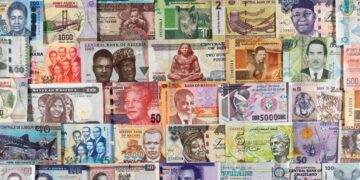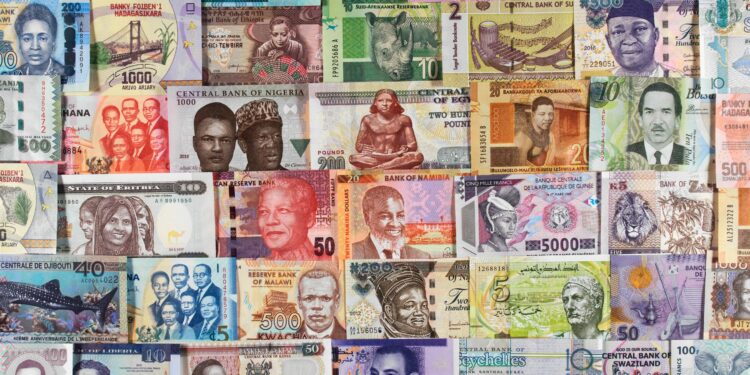By John Ikani
The World Bank has in its latest report labelled the Nigerian naira as one of the weakest-performing currencies in Africa.
The currency has seen a sharp decline of almost 40 percent against the US dollar since a mid-June devaluation.
According to the global bank’s report, both the Nigerian naira and the Angolan kwanza find themselves among the most poorly performing currencies in the region this year, both experiencing a year-to-date depreciation of nearly 40 percent.
The report attributes the naira’s weakening to the central bank’s decision to remove trading restrictions on the official market.
Meanwhile, the kwanza faced challenges due to low oil prices and increased debt payments, leading the central bank to halt its defence of the currency.
The World Bank report also points out that other African currencies have suffered significant losses in 2023, including South Sudan (33 percent), Burundi (27 percent), the Democratic Republic of Congo (18 percent), Kenya (16 percent), Zambia (12 percent), Ghana (12 percent), and Rwanda (11 percent).
In June 2023, the Central Bank of Nigeria directed Deposit Money Banks to remove the rate cap on the naira at the official Investors and Exporters’ window of the foreign exchange market, allowing the naira to freely float against the dollar and other global currencies.
Since then, the naira’s official exchange rate has plummeted from N473.83/$ to approximately N800/$.
The report highlights that this divergence between the parallel and official exchange rates of the naira persisted from March 2020 until June 2023.
The Central Bank’s attempts to curb foreign exchange demand and maintain an artificially low exchange rate were hampered by decreasing FX supply from oil revenues, resulting in an 80 percent parallel rate premium in November 2022, which reduced to about 60 percent by June 2023.
The unification and liberalization of exchange rates in June 2023 allowed the NAFEX rate to align with the parallel rate, closing the gap.
However, limited FX supply at the official window and resistance to increased pressure on the Nigerian naira have led to the resurgence of the parallel market premium.
The World Bank predicts a slowdown in Nigeria’s growth rate, dropping from 3.3 percent in 2022 to 2.9 percent in 2023. The country’s oil production remains below OPEC quotas due to capacity constraints and lower international oil prices.
While non-oil economic activities, especially in industry and services, continue to support growth, the removal of fuel subsidies and exchange rate unification policies may impact these activities in the short term.
The report points out that weakening business confidence and rising input costs are contributing to the contraction of economic activity in Nigeria, particularly in the manufacturing and services sectors, which both saw declines in August.
Household purchasing power is expected to face short-term challenges following recent reforms by the incoming administration of Bola Tinubu.
The reforms include the removal of fuel subsidies and the devaluation and unification of the exchange rate system, leading to a significant increase in petroleum prices since the subsidies were lifted in May.
Consequently, the naira has weakened by almost 40 percent against the US dollar since the mid-June devaluation. While these measures aim to improve the nation’s fiscal and external accounts, their short-term inflationary effects may erode household purchasing power and weigh on economic activity



































